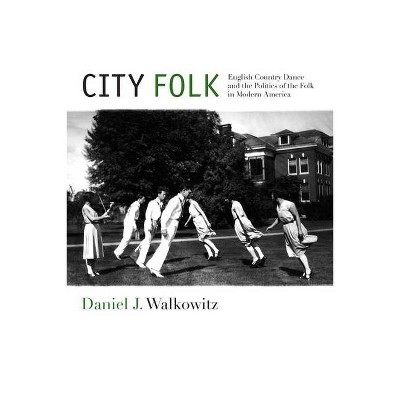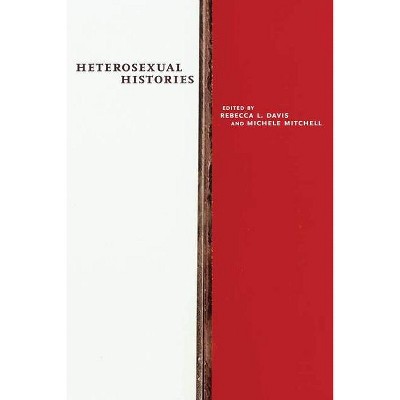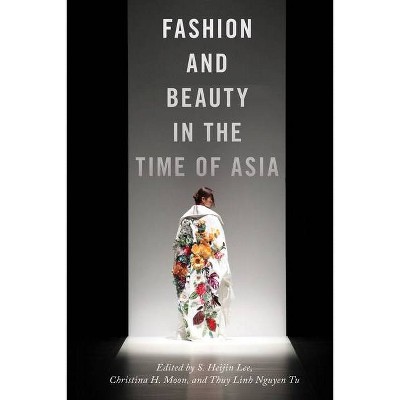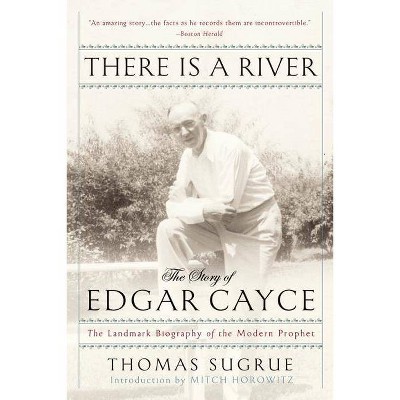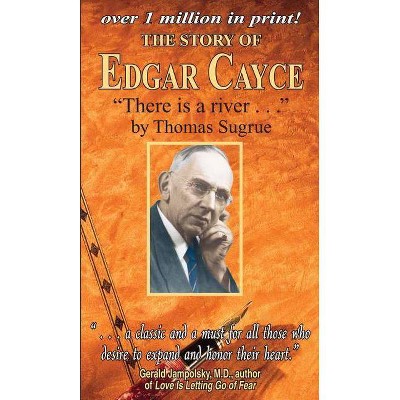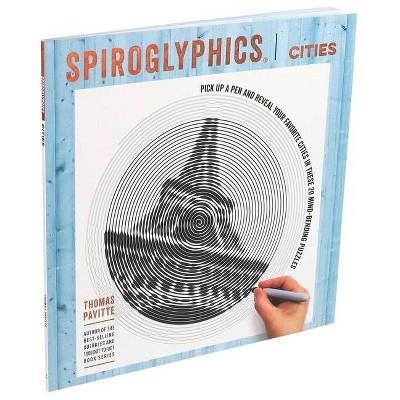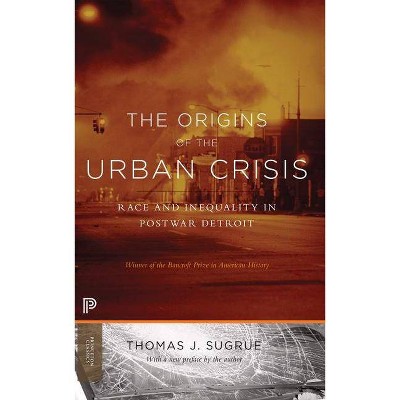Neoliberal Cities - (Nyu Social and Cultural Analysis) by Andrew J Diamond & Thomas J Sugrue (Paperback)
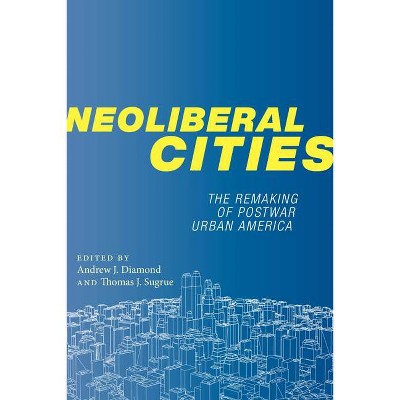
Similar Products
Products of same category from the store
AllProduct info
<p/><br></br><p><b> About the Book </b></p></br></br>"'Neoliberal cities' is a critical exploration of the process of remaking of postwar urban America"--<p/><br></br><p><b> Book Synopsis </b></p></br></br><p><b>Traces decades of troubled attempts to fund private answers to public urban problems</b> <p/>The American city has long been a laboratory for austerity, governmental decentralization, and market-based solutions to urgent public problems such as affordable housing, criminal justice, and education. Through richly told case studies from Boston, Chicago, Cleveland, Los Angeles, New Orleans, and New York, <i>Neoliberal Cities </i>provides the necessary context to understand the always intensifying racial and economic inequality in and around the city center. <p/>In this original collection of essays, urban historians and sociologists trace the role that public policies have played in reshaping cities, with particular attention to labor, the privatization of public services, the collapse of welfare, the rise of gentrification, the expansion of the carceral state, and the politics of community control. In so doing, <i>Neoliberal Cities </i>offers a bottom-up approach to social scientific, theoretical, and historical accounts of urban America, exploring the ways that activists and grassroots organizations, as well as ordinary citizens, came to terms with new market-oriented public policies promoted by multinational corporations, financial institutions, and political parties.<i> Neoliberal Cities </i>offers new scaffolding for urban and metropolitan change, with attention to the interaction between policymaking, city planning, social movements, and the market.</p><p/><br></br><p><b> Review Quotes </b></p></br></br><br>A necessary intervention. The book poses questions about the concept of neoliberalism that will resonate well beyond the field of history, provoking discussion in urban studies and geography, as well as the social sciences.--Caitlin Zaloom, author of <i>Indebted: How Families Make College Work at Any Cost</i><br><br>A timely and welcome appeal to urban historians to take neoliberalism seriously as an analytical category whose history demands to be written-- "History News Network"<br><br>As one who has found little interpretive value in neoliberalism as a term, I am deeply persuaded by the indispensability of this book. <i>Neoliberal Cities</i> reminds historians of the importance of sharp conceptual language. It shows how sound historical research can often vex lazy deployments of one of our moment's most weighted analytic terms. This is the kind of book one thinks with and grows smarter.--N. D. B. Connolly, author of <i>A World More Concrete: Real Estate and the Remaking of Jim Crow South Florida</i><br><br>The authors in this collection reveal the long, contentious, and often ironic history of neoliberalism's ascendance, rooted in local struggles with broad implications for our lives today and for the world we want to build for tomorrow.--Andrew W. Kahrl, University of Virginia<br><br>This collection from urban historians Sugrue and Diamond invites readers to explore the legacy of neoliberalism associated with initiatives embraced by Ronald Reagan and Margaret Thatcher. The principal arguments put forward focus on the conscious role played by urban planners, financiers, and municipal and state governments to retreat from a sense of public space and benefits.-- "Choice"<br><p/><br></br><p><b> About the Author </b></p></br></br><p><b>Andrew J. Diamond</b> is Professor of American History at the Sorbonne University in Paris, where he is the director of the research center Histoire et Dynamique des Espaces Anglophones (HDEA). He is the auth<i>or of Chicago on the Make: Power and Inequality in a Modern City</i> and <i>Mean Streets: Chicago Youths and the Everyday Struggle for Empowerment in the Multiracial City, 1908-1969<br></i> <br><b>Thomas J. Sugrue</b> is Professor of Social and Cultural Analysis and History at New York University, where he directs the Metropolitan Studies Program, and author of <i>The Origins of the Urban Crisis</i> and <i>Sweet Land of Liberty: The Forgotten Struggle for Civil Rights in the North.</i></p>
Price History
Price Archive shows prices from various stores, lets you see history and find the cheapest. There is no actual sale on the website. For all support, inquiry and suggestion messagescommunication@pricearchive.us
